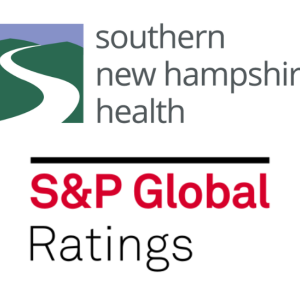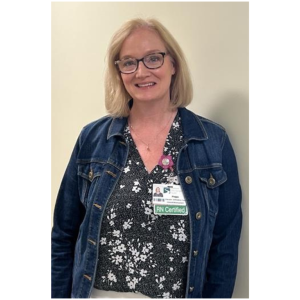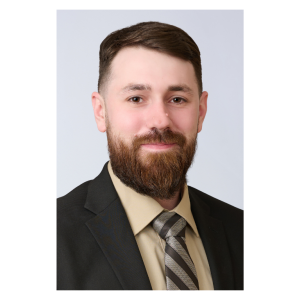News & Articles
Read the latest news, press releases, and information about providers, technological advances, services and programs at Southern New Hampshire Health.

Read the latest news, press releases, and information about providers, technological advances, services and programs at Southern New Hampshire Health.
Access photos and obtain facts and figures about Southern New Hampshire Health.
View Resources
Southern New Hampshire Health continues to earn accreditations, accolades, and awards.
View Our Awards
Our expert providers offer important health-related information on a variety of topics.
Listen Here

Perimenopause Explained: Symptoms, Treatments, and What to Expect
July 17, 2025
Learn what to expect during perimenopause, from early symptoms like heavy periods and mood swings to late-stage hot flashes and sleep issues. Discover effective treatments from a board-certified OB/GYN in Nashua,...

Southern New Hampshire Health Welcomes Eight New Providers
July 14, 2025
Southern New Hampshire Health is proud to welcome a talented group of eight providers across a variety of specialties, from behavioral health to primary care and surgery. Learn more about each provider and the...

S&P Recognizes Southern New Hampshire Health’s Strong Financial Position
July 11, 2025
S&P Global Ratings announced today that it has affirmed an “A-” rating for Southern New Hampshire Health, continuing the system’s highest ever rating. The S&P report reflects the system’s growing patient...

What to Expect After Baby: The Postpartum Experience
July 10, 2025
Bringing a baby into the world is a moment of wonder and joy, but what comes next can feel overwhelming and unpredictable. In a recent episode of Your Wellness Solution, Jodie Piccirillo, a board-certified APRN at...

Swimmer’s Ear: What It Is and How to Treat It
July 1, 2025
Learn the causes, symptoms, and treatment of swimmer’s ear from Troy Robinson, PA, at Immediate Care in Nashua, Hudson, and Pelham, New Hampshire, and Pepperell, Massachusetts. Get tips to prevent this common...

From Bedside to Educator: Peggy Pascucci’s Evolving Role in Nursing
June 30, 2025
For Peggy Pascucci, nursing has always been more than just a job, it’s been a lifelong passion. Inspired by her mother, who was also a nurse, Peggy grew up listening to stories filled with compassion and care....

Your C-Section Guide: What Expecting Parents Need to Know
June 20, 2025
Expecting a C-section? Understand the procedure, recovery, and delivery options at The Birth Place in Nashua,...

Stay Safe This Summer: Avoid These 6 Common Injuries and Illnesses
June 13, 2025
Avoid summer ER visits in Nashua, Hudson, Pelham, and Pepperell. Learn how to prevent common heat, water, insect, and sports-related injuries with Immediate and Virtual Care...

Southern New Hampshire Health Welcomes Jacob Keating, PA to Immediate Care South Nashua
June 10, 2025
Southern New Hampshire Health is pleased to welcome Jacob Keating, PA to Immediate Care – South Nashua. Jacob brings experience in a range of medical specialties and is dedicated to providing the level of care...

Poison Ivy Prevention and Treatment: When to Use Immediate Care
June 9, 2025
Learn how to identify, prevent, and treat poison ivy rashes. Discover when home remedies are enough—and when it's time to visit an Immediate Care center for expert medical...